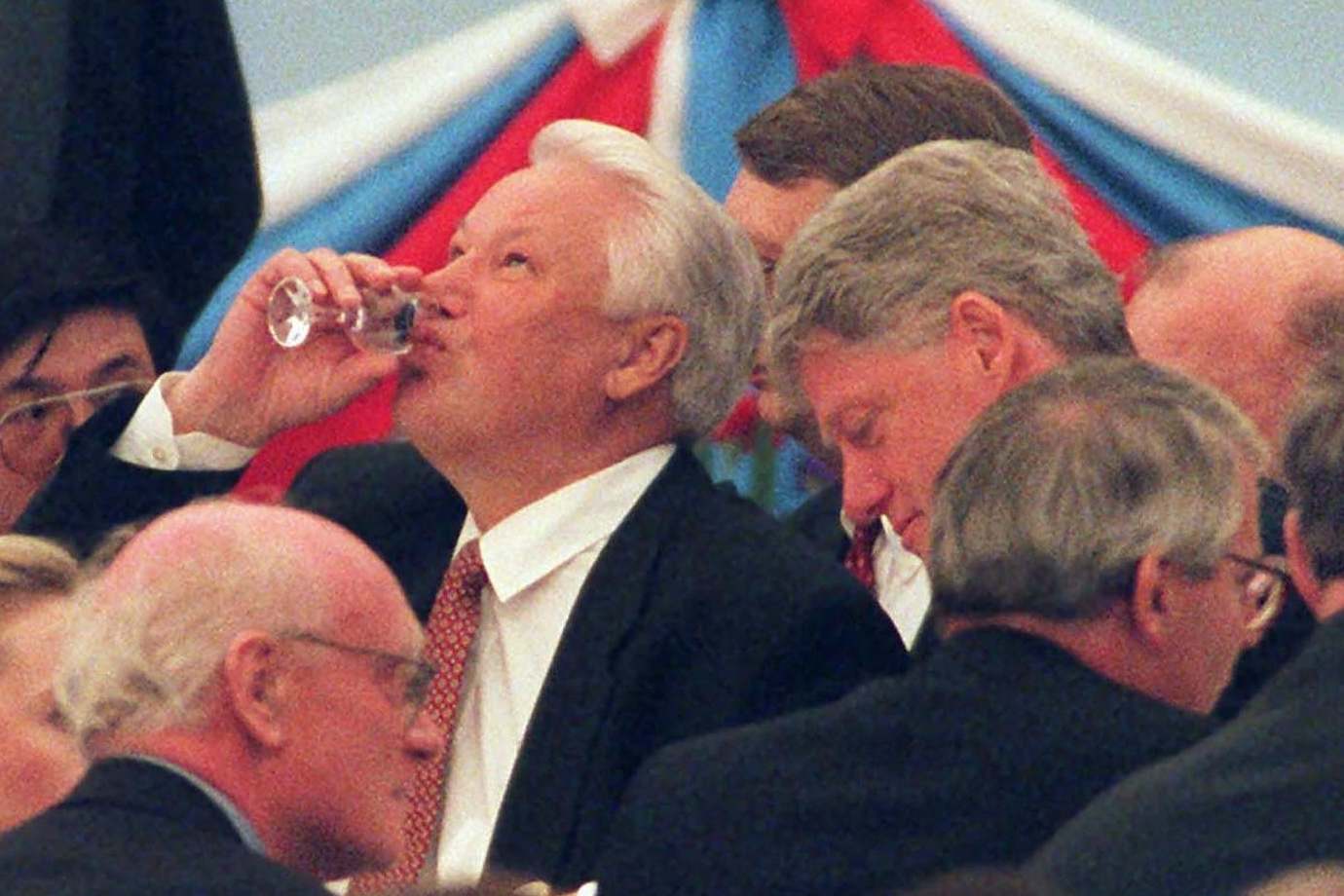Secret documents from 1990s reveal ‘farcical’ plans to allow Russia to join Nato
‘Integrating Russia into European and western family of nations in realistic and sensitive way the most difficult problem we face’

Your support helps us to tell the story
From reproductive rights to climate change to Big Tech, The Independent is on the ground when the story is developing. Whether it's investigating the financials of Elon Musk's pro-Trump PAC or producing our latest documentary, 'The A Word', which shines a light on the American women fighting for reproductive rights, we know how important it is to parse out the facts from the messaging.
At such a critical moment in US history, we need reporters on the ground. Your donation allows us to keep sending journalists to speak to both sides of the story.
The Independent is trusted by Americans across the entire political spectrum. And unlike many other quality news outlets, we choose not to lock Americans out of our reporting and analysis with paywalls. We believe quality journalism should be available to everyone, paid for by those who can afford it.
Your support makes all the difference.Former defence secretary Malcolm Rifkind once considered plans to bring Russia in from the cold and make it associate member of Nato, secret documents reveal.
A memo from January 1995 ahead of a Chequers summit discussing foreign policy proffered the opportunity to change the relationship with Russia and central Europe for the first time since the end of the Cold War, highlighting the political and military north Atlantic alliance as a possible means for doing so.
The note from Mr Rifkind’s department – released among a tranche of declassified documents at the National Archives at Kew – identified how “integrating Russia into the European and western family of nations in a realistic and sensitive way” was “the most difficult problem we face”.
It said making Boris Yeltsin‘s Russia a full member of Nato would “always be impossible”, and said giving it an Article V guarantee – a core tenet of Nato’s founding treaty, committing to collective defence responsibilities – could prove difficult in sending forces to the farthest flung corners of Europe to fight on Russia’s vast borders.
A possible solution, it was claimed in the memo, was to “create a new category of Associate Member of Nato”, giving Russia a formal status to attend meetings but without the Article V guarantee.
Aides agreed to keep the suggestion confidential ahead of the the Chequers summit.
Minutes from that summit described how the chancellor, Ken Clarke, “was cautious about [Nato] expansion”.
It added: “At the extreme, some were even contemplating including Russia in Nato.
“That was farcical and should not be on our agenda.”
Mr Rifkind agreed at Chequers that Russia should not become a full member of Nato, but stressed the need to make it “a more normal member of our western family”, or risk it reverting to authoritarianism.
Minutes also reveal how John Major used a literary flourish to sum up the UK’s position in the world as he saw it at the time, describing the country as “too much of a team player”.
Referring to the prime minister’s comments, the minutes add: “We did not pursue our self-interest with the ruthless determination of the US and France.
“We had tended to play Sancho Panza to the US Don Quixote.”
The reference was to the Spanish novel by Miguel de Cervantes, where Sancho Panza is a simple peasant who loyally follows land noble Don Quixote.
The prime minister said the main threat from Russia was “as a source of trouble” through arms deals with poorer countries.
Nato currently has 29 member countries, although Russia is not among them.
Press Association
Join our commenting forum
Join thought-provoking conversations, follow other Independent readers and see their replies
Comments